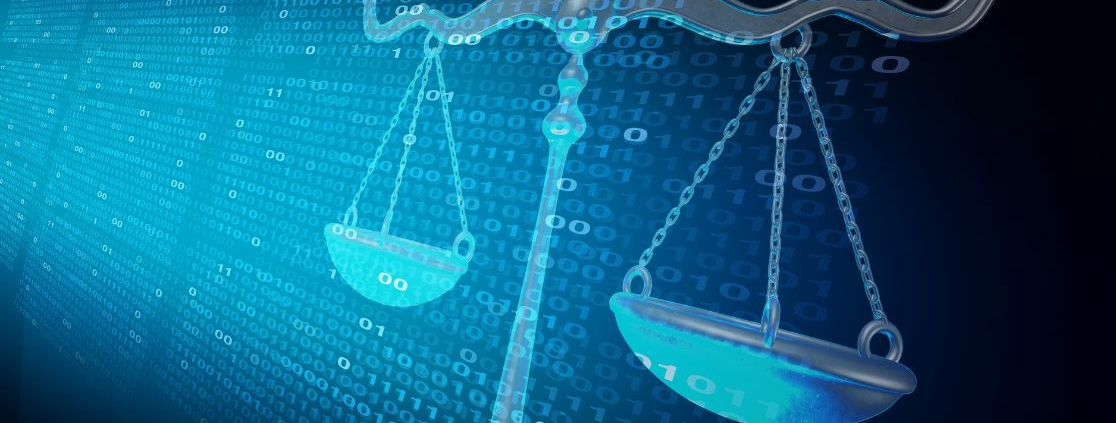RIGHT OF WITHDRAWAL AND SALE OF NFT
/in Innovation/by Giovanni GaetaThe Case
Porsche’s recent NFT collection made a lot of noise. In the ToS at the time of minting there was a point that allowed users to obtain the right of withdrawal within 14 days of the release of the collection, whatever the new ‘floor price’ after minting.
What is the right of withdrawal?
The right of withdrawal, commonly referred to as the ‘right to a rethink’, is one of the most important rights given to the consumer by the Consumer Code.
The right of withdrawal allows the consumer to change his mind about the purchase made outside the seller’s business premises, freeing himself from the contract concluded without giving any reason within 14 days after the purchase. In this case, the consumer may return the goods and obtain a refund of the amount paid.
What is the reference legislation for the right of withdrawal applicable to the sale of NFT?
In Europe, the matter is regulated by the Consumer Rights Directive 2011/83/EU. Directive 2011/83/EU replaces the Distance Selling Directive (97/7/EC) and the Doorstep Selling Directive (85/577/EEC) by harmonising the rules on contracts between consumers and sellers.
Updated with Directive (EU) 2019/2161, it is a regime applicable to a wide range of contracts concluded between professionals and consumers, in particular sales contracts, service contracts, contracts for online digital content and contracts for the supply of water, gas, electricity and district heating; it covers both contracts concluded in shops and those concluded off-premises (e.g. at the consumer’s home) or at a distance (e.g. online).
The update made by Directive (EU) 2019/2161 extended the scope to contracts under which the professional provides or undertakes to provide digital services or digital content to the consumer, and the consumer provides or undertakes to provide personal data. The legislation establishes, inter alia, a number of information obligations for professionals. In particular, they must, before concluding a contract, provide consumers, in plain and intelligible language, with information such as:
- the identity and contact details of the professional
- the main characteristics of the product; and
- the applicable terms and conditions, including payment terms, delivery times, the
- performance, duration of the contract and conditions of withdrawal.
Finally, online sellers are required to inform consumers whether they are a professional or a non-professional, advising them that EU consumer protection rules do not apply to contracts concluded with non-professionals.
Directive 2011/83/EU includes a comprehensive set of provisions on withdrawal, under which, inter alia, consumers may withdraw from distance selling contracts within 14 days of the delivery of the goods or the conclusion of the service contract, with certain exceptions, without any explanation or cost; if the consumer is not made aware of his or her rights, the withdrawal period is extended to 12 months.
Europe is not the only community that has adopted strongly protective rules for the weaker contracting party, many countries such as the United Kingdom, for example, have adopted legislation that provides the same or very similar protection.
Which companies are obliged to apply the right of withdrawal?
Article 3(4) of Directive 2011/83/EU defines the objective scope of the regulation by referring to ‘any contract’ concluded between a professional and a consumer.
Therefore, even projects that are based outside the European Union as well as other countries (e.g. the United Kingdom) may still be subject to the consumer laws (of the United Kingdom) and of the European Union and states with similar regulations when selling goods or services to consumers in these states. This is because the scope of these laws includes any company that offers goods or services to consumers in states that offer this protection, regardless of where the company is located.
This means that international companies selling to consumers, e.g. from the UK and EU, must comply with UK and EU consumer laws. Failure to comply with these laws can result in penalties for the company, including fines and legal action.
Can the right of withdrawal be excluded?
There is a casuistry which, in certain specific cases, allows the exclusion of the right of withdrawal. For example, for the matter identified here, Article 16 of Directive 2011/83/EU letter M), tells us that “Member States shall not provide for a right of withdrawal in respect of distance and off-premises contracts relating to […] the supply of digital content on a non-material medium if the performance has begun with the consumer’s prior express consent and his acknowledgement that he would lose his right of withdrawal. This is a very specific provision that, if interpreted correctly, would allow the professional to avoid heavily negative consequences for the economy of the project by remaining within a perimeter of legal compliance.

Graduated at the Tor Vergata, University of Rome with a thesis on New Technologies and Financial Markets. Since then, I have steadily continued with my education thanks to the opportunities offered by some of the most prestigious universities in the world. Go to profile



